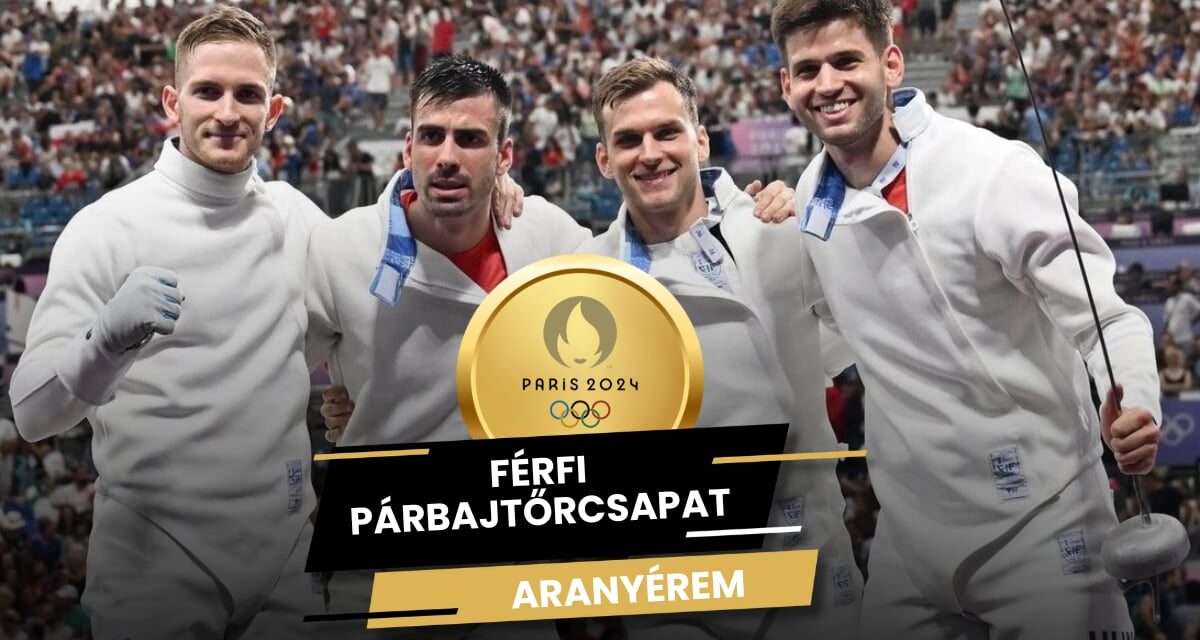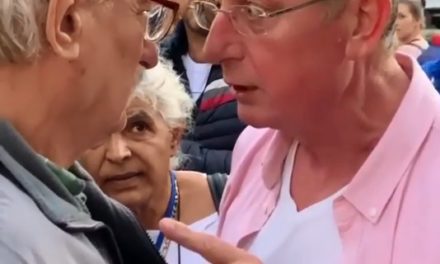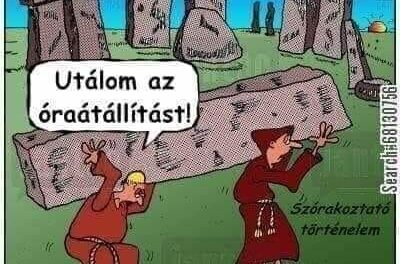After fifty-two years, Hungary once again achieved success in the Olympic team competition for men's duelists, as the national team composed of Gergely Siklósi, Máté Koch, Tibor Andrásfi, and Dávid Nagy overcame defending champions Japan in the finals in Paris on Friday after two dominant victories.
The Hungarians defeated the Kazakhs and the French 45-30 in the line-up of Siklósi, Koch, Andrásfi, and in the final with the addition of Dávid Nagy, they triumphed over the Japanese 26-25.
In the Hungarian team that won last year's European Championship, the original line-up remained for the finals, i.e. Tibor Andrásfi, who was fourth in Paris individually, Gergely Siklósi, the world champion in 2019, silver medalist in Tokyo, and Máté Koch, the gold medalist of last year's World Cup, started.
For the defending champion Japan, Kano Koki fought for the double, next to him was Masaru Jamada and Komata Akira, who was replaced earlier by Minobe Kazuyaszu.
The two fencers did not fall for each other in the first pair, after a minute Siklósi and Jamada both received the yellow card for passivity. The Japanese fencer gave the first blow, but the Hungarian duelist reversed.
In the second pair, Koch stabbed Kano on the shoulder, and then the frenzy of the French fans grew (this time he won another victory, this time in the 200m medley in the swimming pool with Léon Marchand, they even sang the Marseillaise in his honor), but this did not bother Koch, who had two also gave a tussle in this stage, eventually winning his match 3-1.
A duel between Andrásfi and Komata followed, and soon both sides were awarded penalty kicks, as no shots were scored for a minute. Then Komata scored twice accurately, there was also a team in the middle, and Andrásfi did not force the actions after the advantage decreased, so that the Japanese would not come even closer.
Koch started with a leg jab against Jamada, then landed a nice hit to the body, and for the third time he defended brilliantly at the end of the puck.
He continued to fight in his characteristic heightened state of nerves, as he had done earlier in the day: when the Japanese hit him, he took off his helmet, he was so angry.
He brought the duel to 3-1, and Siklósi kept the difference against Komata with 2-2. He had the first hit, but then he started at a good pace and jabbed accurately, then went around his opponent's blade. A battle of nerves was going on in Pashtun, because of the disadvantage, the Japanese fencer came forward and hit.
Dávid Nagy stood in for Andrásfi and had to fight with the Olympic champion Kano. He did not fight as an individual, so this was his first step into the Olympics. This was not visible at the beginning, he gave the first two strokes. Later, the Japanese improved, but Nagy kept the difference with a draw in a difficult situation.
Koch and Komata's ace started with a joint hit, then the excellent Japanese fencer equalized. Another group followed, and then Koch took back the lead with a holding jab. This duel ended with a 5-3 Japanese victory, so Nagy went up for the second time at 17-16 against the shepherd Yamada.
The equalizer soon came, but Nagy was also able to give a push, and then, stepping back, he unexpectedly placed one on the Japanese fencer's wrist, and later another one after a great pace start.
In the end, Jamada reduced their deficit with a throw. Siklósi and Kano started at 21-18, "Ria, ria, Hungária" roared, and then the nerve-wracking battle began: Kano carved out of the deficit, then equalized. The duel continued with a team, then Siklósi was effective in close combat, and not long after, he increased the advantage by starting with a blade. A joint hit, then came a Japanese attack, then another joint, and Kano equalized seven seconds before the end. Time expired, extra time followed, and Siklósi scored the winner.
The Hungarian victory was greeted with great frenzy in the stands, and the team members celebrated with the Hungarian flag.
Prior to this, the last Hungarian men's dueling team won at the Olympics was in Munich in 1972, when the team of Csaba Fenyvesi, Kulcsár Győző, Pál Schmitt, Sándor Erdős, and István Osztrics won the gold medal.
MTI













